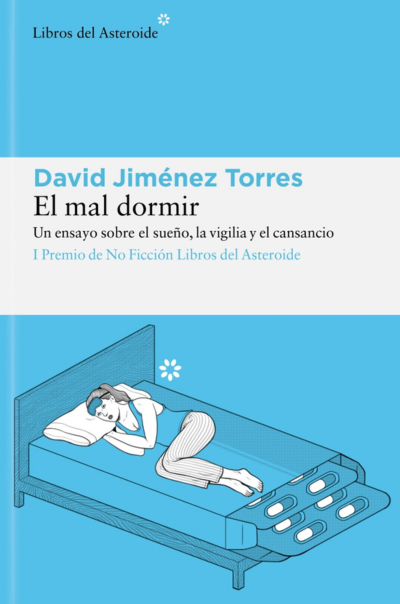In December of last year, Cadena SER broadcasted a new that disturbed many, with good reason. ERC was aware of the State Attorney’s report on Oriol Junqueras before it was made public. And not only it knew about it, but it had used it as a bargaining chip to invest Pedro Sánchez as President of the Spanish Government.
The information shows little or no respect for the institutions, given the crime that could be committed by anyone who (most likely in a self-interested way) leaks the Attorney’s brief. The disclosure of secrets, which carries the penalties of fine and disqualification, is covered by Article 417 of the Criminal Code. And if this is already worrying per se, it is even more worrying that this is not the only «incident» of the week that denotes the audacity of our current rulers when it comes to challenging the necessary limits of their authority. Many politicians, after some time since their beginnings, forget their former main purposes to give way to the search at any cost for a new one: power for power, for money… There are many reasons to crave it, that’s why it’s so tempting. To protect us from this insatiable pretension we have the law, which, far from hindering freedom, protects it.
However, the law, by constituting an obstacle for those who wish to get rid of freedom, which they consider an annoying obstacle for their plans, will become one of the targets for this new government. Months ago, when the famous recordings of former Justice Minister Dolores Delgado came to light, Iglesias said: «Someone who gets mixed up with the garbage in the sewers must stay away from public service». Today’s second vice president supports her appointment as prosecutor general, an unprecedented move and a whole declaration of intent by the new socialist executive (at least it can be called that). This is the first time in the history of Spanish democracy that a minister has assumed this post directly after leaving his portfolio. And Dolores Delgado was not just any minister, no. She is part of these «sewers», as her conversations with Villarejo (among other things, her decision not to report observed crimes) testify, which is why Iglesias himself asked for her dismissal a few months ago. Is everything worthwhile for power? For some, the case of our second vice president, yes
Is everything worthwhile for power? For some, the case of our second vice president, yes
Another problem that Spanish democracy faces today is that we have two ministers affiliated to the Communist Party and another two (at least) who, until a few years ago, declared themselves as such. All four have defended the Chavista (and Madurist) regime, the former dictator Evo Morales, Rafael Correa, and the Cuban socialist dictatorship. For eight decades there had been no communist minister in the Spanish government, and now there are four, two of them openly. Last Sunday, the Minister of Consumption, Alberto Garzón, stated once again that our model of consumption is unsustainable, following the question of the presenter Ana Pastor about her tweet about Cuba as «the only model of sustainable consumption in the world». And this has just begun.
However, despite the fact that the new government is in its infancy, they do not hide their intentions too much. Vox has introduced the parental pin in Murcia, which implies the need for parental permission for their children to receive talks on moral values, sexuality, etc. In the face of this clear attack on the sovereignty of the left in education, how has the new Executive responded? They will appeal the measure in the courts, but what best sums up their position is the phrase of the Minister of Education, Isabel Celaá: «We cannot in any way think that children belong to their parents». It is clear that children are not an object, but it would not be out of place to ask the minister whose children they are. Are they yours? Are they from Pedro Sánchez? They belong, from his point of view, to the revolution. For them, they do represent a tool for achieving change in society that they have not (yet) achieved in a democratic way, even though they are advancing, with not little noise.
In conclusion, although the problems of Spanish society were major before, with the new government they can only get worse. The degeneration of our democracy is continuing. We already have contacts with Latin American authoritarian regimes, plugging in the Prosecutor’s General’s office, and state-owned children. What is next? And an even more important question: what will be the response of Spanish society?






